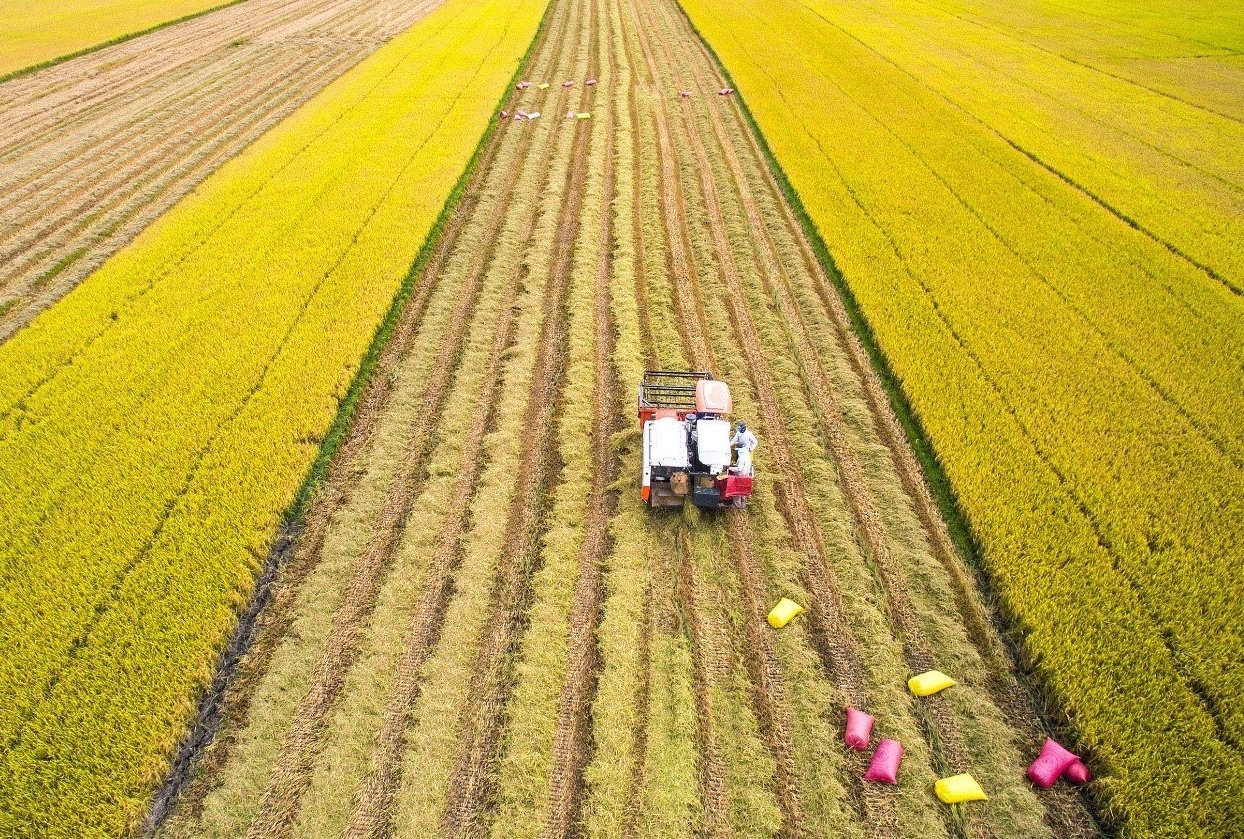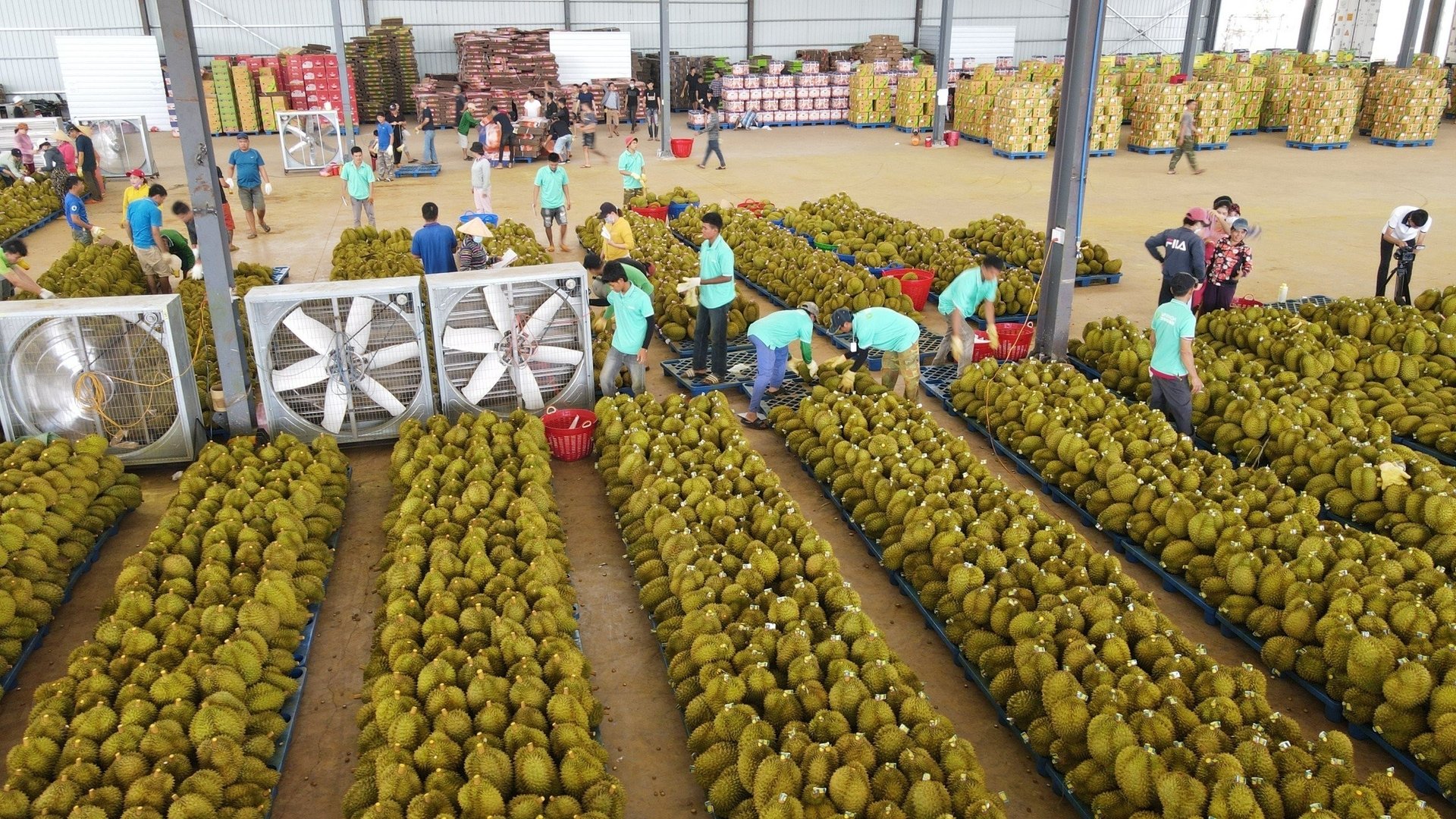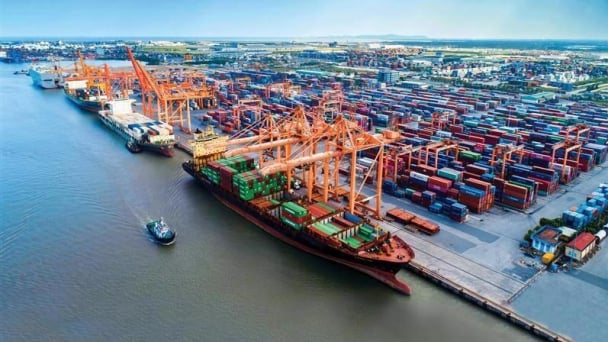May 27, 2025 | 10:31 GMT +7
May 27, 2025 | 10:31 GMT +7
Hotline: 0913.378.918
May 27, 2025 | 10:31 GMT +7
Hotline: 0913.378.918
Economic tools, mainly taxes, fees and tradable permit systems, are used to discourage environment-damaging practices by increasing the costs of these activities for producers. However, these economic tools do not play an important role in promoting green growth in agriculture compared to using them for environmental purposes in other sectors.
Due to the nature of the property rights system and the difficulties in identifying sources of pollution, taxes are relatively ineffective in addressing negative environmental externalities in agriculture which tend to be location-specific and diffuse qualities. Regulations and supports seem more plausible when it comes to encouraging green actions of agricultural producers.
In many countries, farmers still retain tacit or traditional rights to use land, water and other natural resources. These embedded rights, combined with the fact that agriculture is a negligible source of pollution, make it difficult to enforce taxes and fees on inputs and agricultural activities. Taxes and fees on farms have been applied in some countries, mainly for harmful chemicals such as fertilizers and pesticides.

Farmers use carbon-based fuels directly through vehicles and machinery in the process of production. Photo: VAN.
The carbon tax has not been seriously considered even though agricultural activities can consume a lot of energy. Farmers use carbon-based fuels directly in vehicles and machinery (30%) and indirectly in the form of fertilizers, carbon-based pesticides, and other fuel-intensive inputs (70%).
While taxes can push farmers to switch to more energy-efficient production systems, carbon tax advocates often seek to exclude the agricultural sector because the sources of emissions cannot be easily identified.
The commercial system has been implemented on a limited basis for agricultural nutrients. Trading rights, as well as higher tariffs in some cases, are utilized to improve agricultural water management. Some OECD countries are exploring the use of trading systems to limit carbon emissions in agriculture. In the case of New Zealand, the proposed emissions trading system places obligations on agricultural emissions at the processing facility level (meat, dairy and fertilizer processing companies) instead of the farm level in order to reduce legal and transaction costs.
Trade measures affect the progress of green growth
Eliminating tariff and non-tariff barriers to agricultural trade can improve the functioning of global food markets, reduce unsustainable agricultural practices, and further disseminate technical knowledge for the benefit of green growth.
Trade barriers can impact the environment by changing the scale and structure of agricultural production, the balance of inputs and outputs as well as production technology in a country. Ecological impacts tend to be indirect, which include groundwater and surface water pollution from fertilizer and pesticide runoff. Changes in land use affect landscape appearance, flood protection efficiency, soil quality and biodiversity.
Protectionism also has certain impacts on agricultural production patterns and environmental values, including cross-border influences such as greenhouse gas emissions and biodiversity loss. Lower trade barriers would reduce production in countries with historically high levels of fertilizer and pesticide use, thereby reducing environmental stress.

Vietnam's durian exports hold a comparative advantage in the international market. Photo: VAN.
Agricultural export subsidies, which are not allowed on industrial products, have also been significantly reduced. The Agreement on Agriculture prohibits export subsidies on agricultural products unless they are specifically included in the member's list of commitments and these subsidies are reduced in terms of currency and amount of subsidized exports.
The current negotiations aim to eliminate export subsidies, including export subsidies, guarantees and insurance, international food aid and exporting-trading state enterprises.
The Agreement on Agriculture does not prevent the use of non-tariff import restrictions consistent with other WTO agreements, such as those maintained under the Agreement on the Application of Sanitary and Phytosanitary Measures and the Agreement on Technical Barriers to Trade. These measures, which could pose difficulties for manufacturers in developing countries, are also under negotiation.
More open agricultural markets will facilitate the sharing of technology and innovation that supports green growth. Barriers to the trade of goods and environmental services remain important obstacles to the diffusion of cleaner technologies in agriculture and other sectors.
Trade in environmentally sound technologies faces different applicable tax rates in OECD and non-OECD countries. On the other hand, non-tariff measures such as quantitative import restrictions, customs procedures and foreign investment controls act as barriers to trade and technology transfer.
Translated by Samuel Pham
/2025/05/26/1716-4-nongnghiep-191706.jpg)
(VAN) Chain linkages, technological innovation, and raw material zoning are three strategic pillars for the coconut industry to strongly develop and elevate its position on the global agricultural map.
![Advanced mariculture – an inevitable trend: [4] Accompanied by scientists](https://t.ex-cdn.com/nongnghiepmoitruong.vn/608w/files/sohk/2025/05/13/1941-pgsts-vo-van-nha-140958_717.jpg)
(VAN) According to Assoc. Prof. Dr. Vo Van Nha, Director of the RIA III, the development of advanced offshore mariculture is no longer an option but an essential path for Vietnam’s fisheries sector.

(VAN) Vietnam is intensifying the development of mollusk farming areas that meet international standards, aiming for sustainable growth and enhancing its export position in the global seafood market.
![Advanced mariculture – an inevitable trend: [3] Policy-driven momentum](https://t.ex-cdn.com/nongnghiepmoitruong.vn/608w/files/doanhtq/2025/05/21/0104-0616-0348-nuoi-bien-170339_789.jpg)
(VAN) To ensure the success of offshore mariculture that uses advanced technologies, it is essential to establish supportive policies that inspire both individuals and enterprises to invest with confidence.
![Advanced mariculture – an inevitable trend: [2] Outstanding results](https://t.ex-cdn.com/nongnghiepmoitruong.vn/608w/files/sohk/2025/05/12/4632-4136-nuoi-bien-11-164117_819.jpg)
(VAN) Pilot models of high-tech offshore mariculture in Vietnam, particularly in the South Central Coast region, have demonstrated exceptional economic returns and sustainability, setting a new direction for the country’s aquaculture industry.
![Advanced mariculture – an inevitable trend: [1] Moving offshore](https://t.ex-cdn.com/nongnghiepmoitruong.vn/608w/files/phucpm/2025/05/18/0252-2436-nuoi-bien-6-162148_783.jpg)
(VAN) Mariculture using advanced technology and moving offshore is an inevitable trend, as nearshore areas increasingly reveal limitations.

(VAN) South Korea is currently the second-largest investor in Hai Phong in terms of the number of projects (186 projects) and the largest in terms of total registered investment capital, reaching USD 14.2 billion.